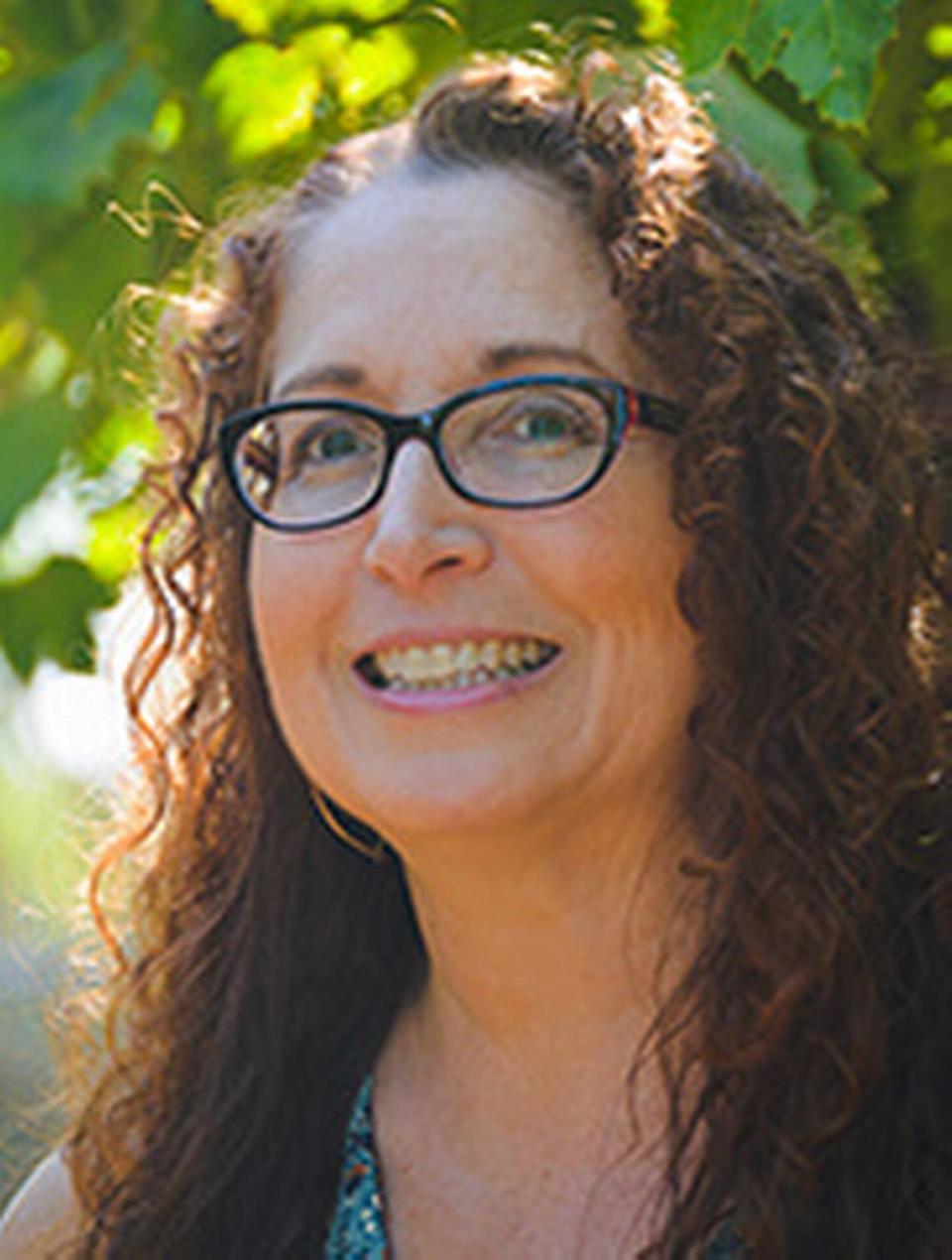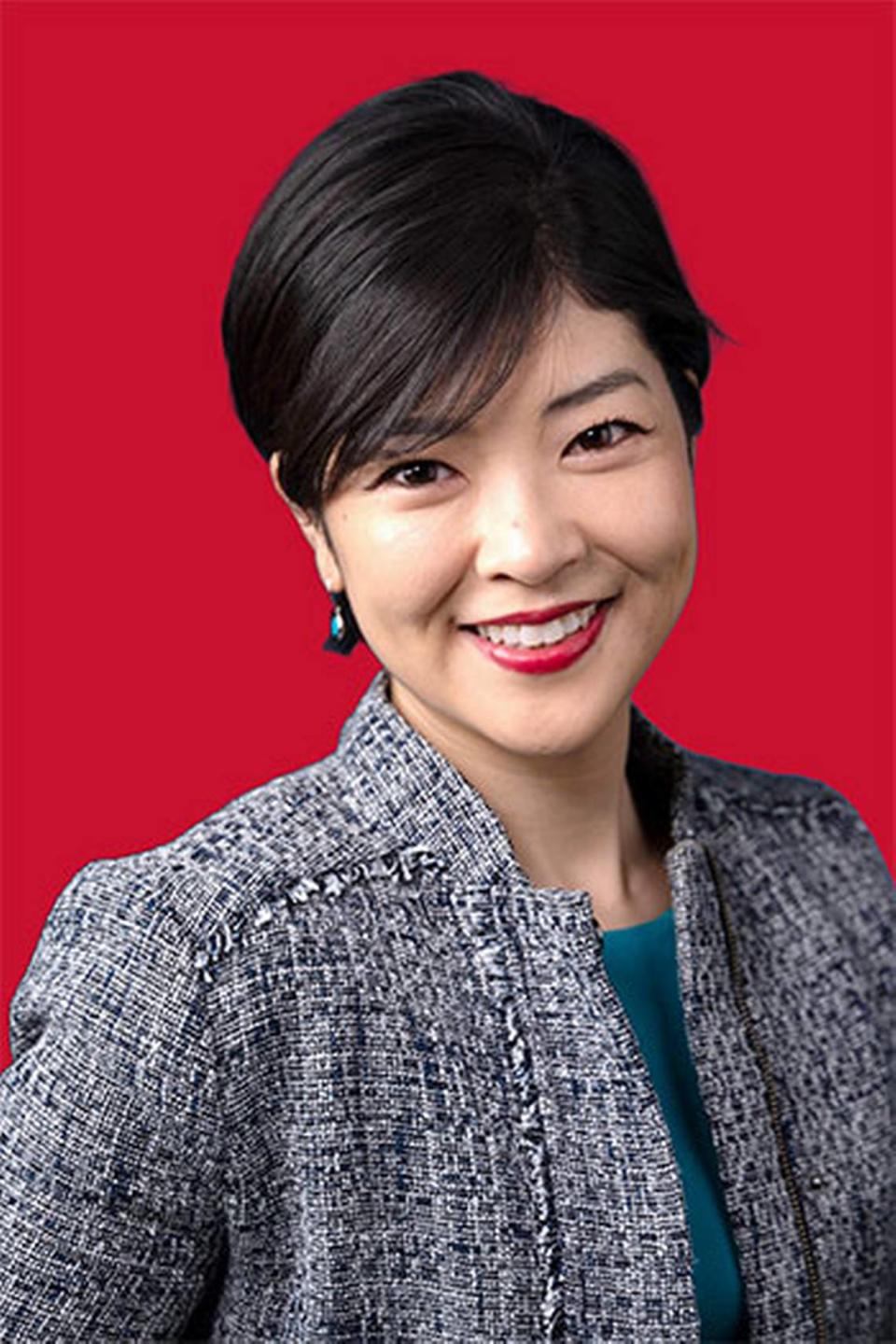Netflix Cold War documentary features two Fresno State professors. It’s streaming now
You’d forgive Lori Clune for any nerves she had sitting down for her interview in the new documentary series, “Turning Point: The Bomb and the Cold War.”
Yes, the Fresno State professor is an established historian who wrote a dissertation and later a book on Julius and Ethel Rosenberg. She spent nine years uncovering thousands of once-unseen U.S. State Department documents on the New York couple, who were convicted and executed in the early 1950s for sharing nuclear secrets with the Russians.
And she’s certainly done interviews before, though for podcasts mostly.
This was a major, global production.
The nine-part series was directed by Brian Knappenberger as a follow-up to the 9/11 documentary he released in 2021. “Turning Point” features interviews with more 100 people across seven countries, including historians like Clune, but also survivors of the atomic bomb and currently world leaders (Ukrainian president Volodymyr Zelenskyy, for one).
The series premiered Tuesday and is streaming on Netflix. It is getting some recognition, given its thematic proximity to the Oscar-winning film “Oppenheimer.”
The producers were well-read and rigorous in their interview, Clune says.
Question one: How did the Cold War start?
“I looked at my watch and looked at her,” Clune says.
“How much time do you have?”
By the end of the four-and-half hour session, “I had no words left,” she says.
“It seemed like nothing was off table.”

Cold War is “still a concern”
For Clune, the relevance of the series and its subject matter is clear given the current political climate around the globe.
It’s appropriate that producers put “the bomb” as the first part of the title.
“Since the first atomic bomb test, we’ve been living in a different world,” she says.
“For good or ill.”
That threat is still very much a concern, she says.
Israel and Russian are both nuclear powers and currently involved in wars.
Russian President Vladimir Putin, as recently as this week, threatened the use nuclear weapons if necessary.
“This sense that the Cold War is over so we’re fine, is so far from the truth,” Clune says.
And while she is careful about pulling lessons from the complicated story of the Cold War, there are things to look for in the series, she says.
Like the theme of fear, especially as a motivator.
“Scarring the crap out of people can be extremely motivating,” she says.
“How do we scare people just enough? ... How can the American people be manipulated?
“Maybe we should keep an eye out for that.”

A Fresno journalist co-produced the series
Clune isn’t the only member of Fresno State’s faculty to work on the documentary.
Dr. Hanayo Oya was a co-producer on the series, developing content and doing research, securing interviews and coordinated schedules and overseeing editing and post-production.
Oya is an award-winning journalist and documentary filmmaker from Japan. She worked as TV reporter and director in Okinawa before moving to the United States. Oya now teaches journalism as tenure-track assistant professor.
She had actually worked with Knappenberger before while doing research with the Investigative Reporting Program at Berkeley and says the director asked her to join the team knowing she had experience covering the U.S.-China conflict from Japan.
She feels fortunate to have worked on a project at this scale, with a potential audience of hundreds of millions of people.
“It really feels like this is the globalization of media.”
Being able to put current international affairs into historical perspective goes a long way to help the younger generation (including her students) understand the importance of learning history, Oya says.
“If you’re only focusing on what is happening now, you’re not really seeing the whole picture.”
There’s a core values here that she carries as a journalist.
“History is something that we can know,” she says.
“And history repeats itself.”


